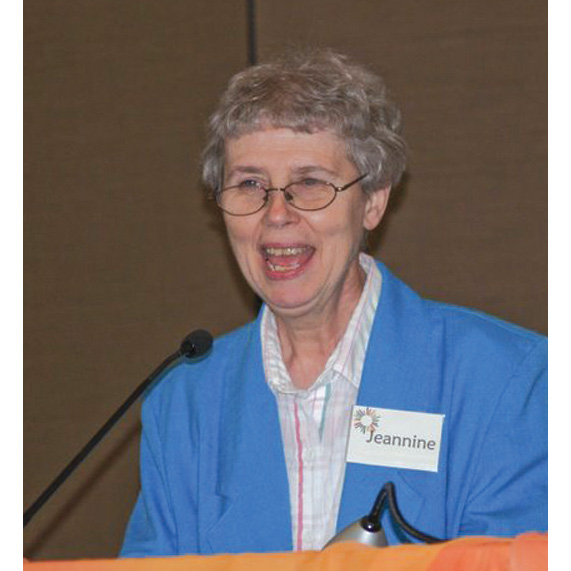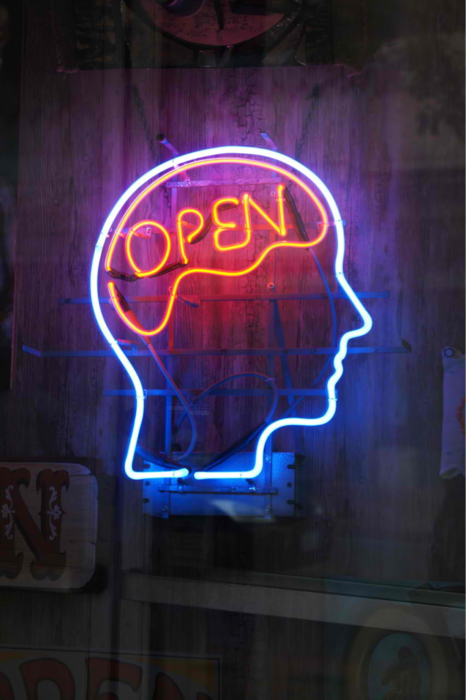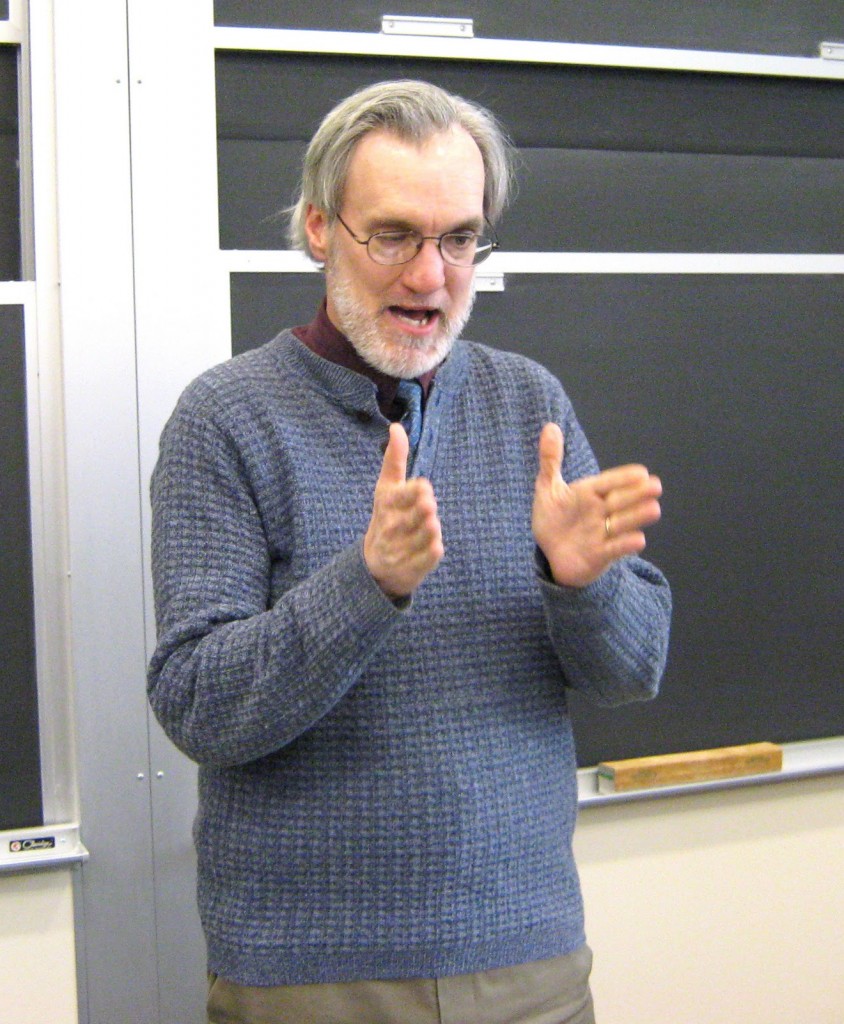Despite being surrounded by an ancient silence, the silence over homosexuality among priests and nuns, is a “real issue” that “we can no longer pretend to ignore.” For this in the U.S. state of Connecticut, the Jesuits have decided to speak publicly. And so, for the first time, a Catholic university has recently organized a conference on the controversial issue of homosexuality within the communities of nuns and priests. According to Catholic doctrine, gays must be accepted with respect and sensitivity, so every sign of unjust discrimination should be avoided.
 However, while respecting gay people, the Church does not admit those who practice homosexuality, have deeply rooted homosexual tendencies or support the so-called gay culture into the seminary and to holy orders. These people, in fact, are in a situation that seriously hinders them from properly relating to men and women. Since practice differs from theory, the Society of Jesus felt that it is better to remove the old walls of silence and engaged in a slippery issue through one of its prestigious academic institutions in the United States. 110 among theologians, clergy, religious and seminarians attended the study day sponsored by the “Fairfield” University of the Jesuits entitled “The cure of souls: sexual diversity, celibacy and ministry.” Personal stories, general principles, insights, and specific situations are involved in the discussion. The Church, in fact, distinguishes between homosexual acts and homosexual tendencies.
However, while respecting gay people, the Church does not admit those who practice homosexuality, have deeply rooted homosexual tendencies or support the so-called gay culture into the seminary and to holy orders. These people, in fact, are in a situation that seriously hinders them from properly relating to men and women. Since practice differs from theory, the Society of Jesus felt that it is better to remove the old walls of silence and engaged in a slippery issue through one of its prestigious academic institutions in the United States. 110 among theologians, clergy, religious and seminarians attended the study day sponsored by the “Fairfield” University of the Jesuits entitled “The cure of souls: sexual diversity, celibacy and ministry.” Personal stories, general principles, insights, and specific situations are involved in the discussion. The Church, in fact, distinguishes between homosexual acts and homosexual tendencies.
The acts are serious sins: for tradition they are intrinsically immoral and contrary to natural law, so they cannot be approved under any circumstances. The deep-seated homosexual tendencies, however, are also objectively disordered and often constitute a trial. In the era of sex scandals, the negative consequences of ordaining people with deeply rooted homosexual tendencies has created an alarm in the Church. However, if it comes to homosexual tendencies that express only a transitory problem (like that of an adolescence not yet completed), these, however, must be clearly overcome at least three years before being ordained as a deacon. In terms of the Magisterium, “Educating” the Congregation for Catholic Education represents the cornerstone with which, for six years, the Holy See has prohibited homosexuals from accessing the priesthood.
On paper, therefore, the problem is solved: no more gays in seminaries and religious orders, no more priests who “practice” homosexuality, have “deeply rooted homosexual tendencies” or even support “the so-called gay culture.” The Vatican has permanently closed its doors with a nine-page document divided into three chapters: “Affective Maturity and Spiritual Fatherhood,” «Homosexuality and the Ordained Ministry,” “The discernment of the suitability of candidates by the Church.” A candidate for the sacrament of Orders must reach affective maturity, which will allow him to be in a correct relationship with men and women. According to the rules laid out in 2005 by Pope Benedict XVI just “one serious doubt” on the homosexuality of a candidate (expressed by the superiors who follow him) will bar the way to ministerial priesthood.
In talks with the seminarian’s the spiritual director must especially point out the demands of the Church concerning priestly chastity and the affective maturity that is characteristic of a priest. For each aspiring “Don”, it is necessary to discern whether he has the right qualities and is free of sexual disorders that are incompatible with the ministry that awaits him. If a candidate practices homosexuality or manifests profoundly radical homosexual tendencies, his spiritual director and confessor has the duty to dissuade him in all conscience from proceeding towards ordination. Faced with prospective seminarians who have homosexual tendencies, the objective of ecclesiastical hierarchy is to discourage them from lying to their superiors in order to enter the seminary. Moreover, the candidate himself has the primary responsibility for his education and must offer himself trustingly to the discernment of the Church. So it would be gravely dishonest for a candidate to hide his own homosexuality in order to proceed, despite it all, with the ordination. Such a deceitful attitude does not correspond to the spirit of truth, fairness, and openness that must characterize the personality of one who considers himself called to serve Christ. The spiritual director is entrusted with the important task of discerning the suitability for ordination.
Although bound to secrecy, he represents the Church in the internal forum. In discussions with the candidate, the spiritual director must especially point out the needs of the Church concerning priestly chastity and the affective maturity that are characteristic of a priest, as well as help him to discern whether he has the necessary qualities. Bishops, Episcopal conferences and major superiors must watch over the candidates for their own good and to ensure that the Church has suitable priests. If a candidate practices homosexuality or presents deep-seated homosexual tendencies, his spiritual director, as well as his confessor, have the duty to dissuade him in all conscience from proceeding with the ordination. In practice, however, it is difficult to apply these rules. And among seminarians and religious communities the presence of gay men and women is still a “real issue”. So the Jesuits have decided: the time has come to discuss this out in the open.
Complete Article HERE!



